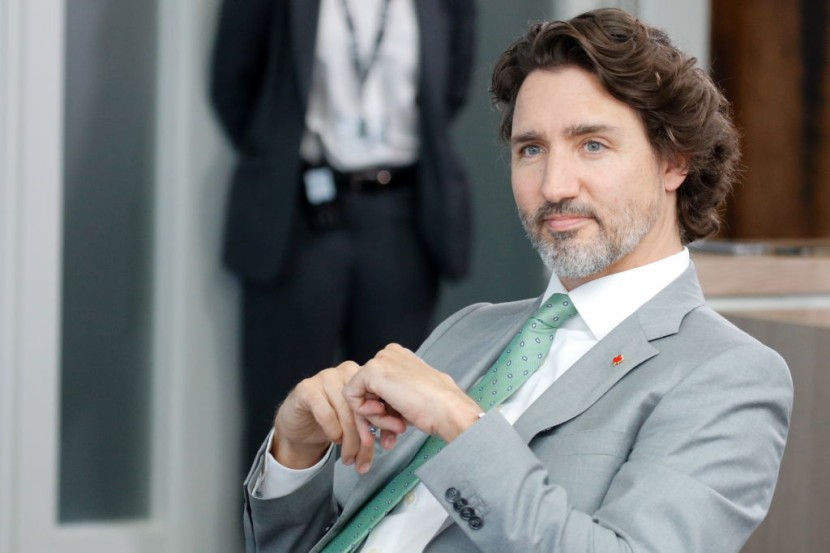
As Beijing and its supporters ask for an independent investigation into the discovery of the remains of indigenous children buried at residential schools in Canada, Prime Minister Justin Trudeau has urged China to allow for a public probe on the persecution of Muslim minorities.
A commission was established to document the history and effects of the residential school system on indigenous students and their families. It lasted more than seven years until 2015 and documented the history and impact of the residential school system on indigenous students and their families before making its findings public. On the other hand, China has refused to allow inspectors into the Xinjiang province, where Beijing is accused of human crimes.
Canada claims it took responsibility for the past mistakes
The Canadian Truth and Reconciliation Commission worked between 2008 and 2015 to tackle allegations of indigenous population abuse. Trudeau condemned what he called systemic abuses and violations of human rights in Xinjiang.
On Tuesday, China and its allies called for Prime Minister Justin Trudeau to inquire into the finding of the remains of the indigenous children in Canada. Per Nasdaq, the remains of 215 children, some as young as three years old, were discovered in the British Columbia Indian Residential School in Kamloops, which closed on May 28, 1978. Jiang Duan, the senior representative at China's UN mission in Geneva, told the Human Rights Council that they urge a comprehensive inquiry into all instances against indigenous people, particularly children and that remedies can be provided for the victims.
More than 40 nations urge China to open Xinjiang for a public probe
On behalf of 44 countries dominated by North American and European allies, including Australia, Germany, Britain, France, Japan, and the United States, Canada's Ambassador to the United Nations to Geneva Leslie Norton urged China to allow immediate and unrestricted access to visit the West Xinjiang Region. Meanwhile, China's remark regarding Canada is supported by Russia, North Korea, Iran, Belarus, and Syria.
Conservative foreign affairs critic Michael Chong said the Liberal Government is pleased to engage with Canada's allies. But he said he still refused to declare genocide crimes against the Uyghurs.
Michelle Bachelet, UN High Commissioner for Human Rights, has been attempting to schedule a visit to Xinjiang since her tenure began in 2018 and stated that she hopes to make one before the end of the year, as per CTVNews. Bachelet has negotiated with Beijing for over three years to get an investigative visit to Xinjiang in the autonomous region.
The conflicting demands are a significant geopolitical and ideological split for the leading human rights organization in the United Nations.
The Truth and Reconciliation Commission of Canada in 2015 determined that "cultural genocide consisted of forced isolation and brutal treatment of indigenous children in schools between 1883 and 1996. But other Canadian watchers regarded the request from China as a geopolitical battle.
China's media recently attacked the role played by Canada in promoting an inquiry into alleged Uyghur abuses, saying that Canada, Britain, and the US are a "cartel of murderers whipping up global hysteria of Xinjiang." Chinese officials rejected the claims repeatedly and stated that the Uyghurs are merely transported to vocational training centers.
Relations between Ottawa and Beijing have been tense since 2018 when after a request for extradition in connection with criminal fraud allegations, Canadian officials detained Huawei's Executive Meng Wanzhou. In Vancouver, Meng is under house arrest. Recently, China detained two Canadians, Michael Kovrig and Michael Spavor, over national security charges on spy suspicions. Secret trials were held this spring and they remain in jail with limited contact with the outside world, as per The Washington Post via MSN.
Related Article: China Covers Up Torture Of Uyghur Muslims In Detention Camps: Report
@YouTube








